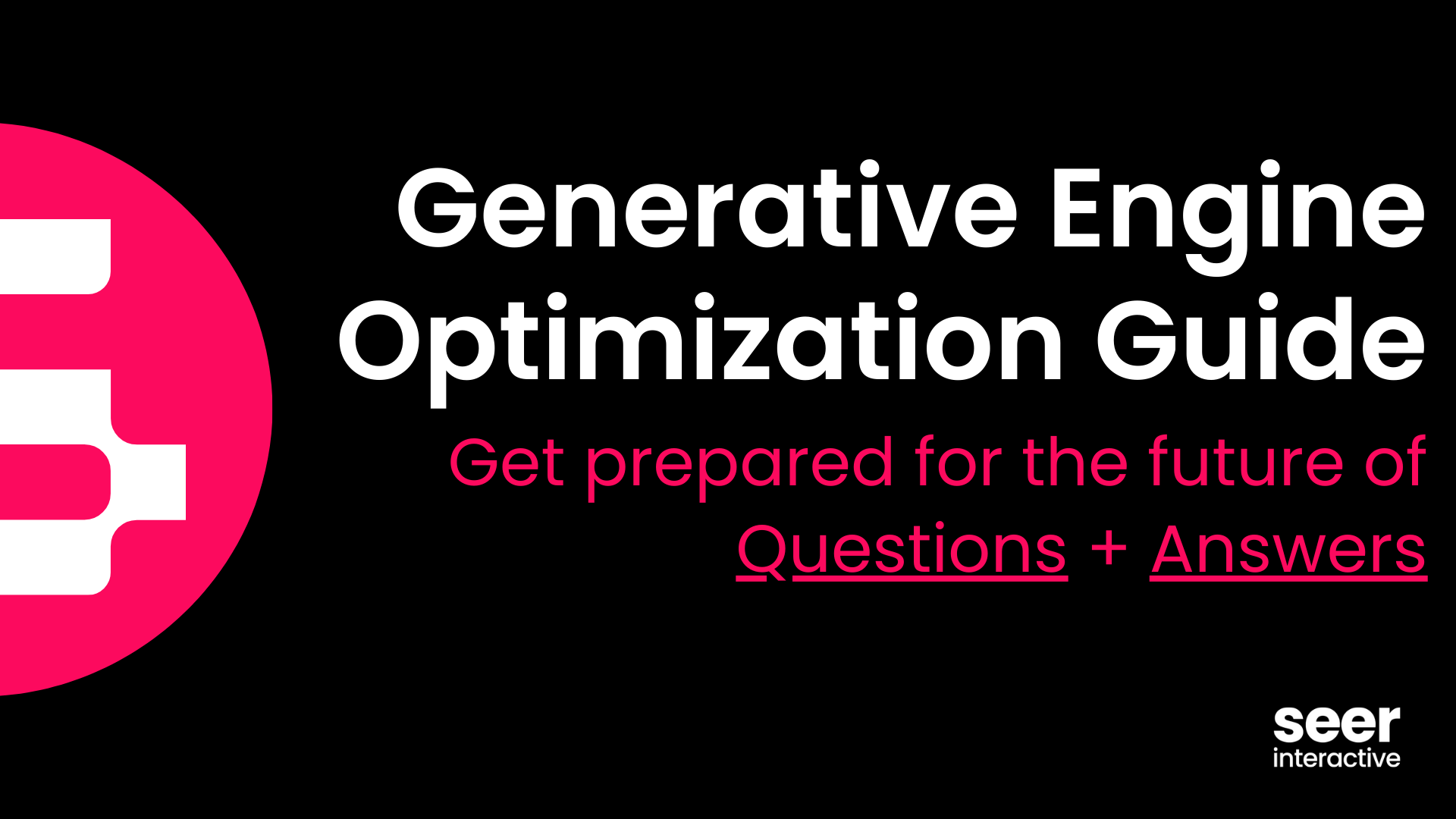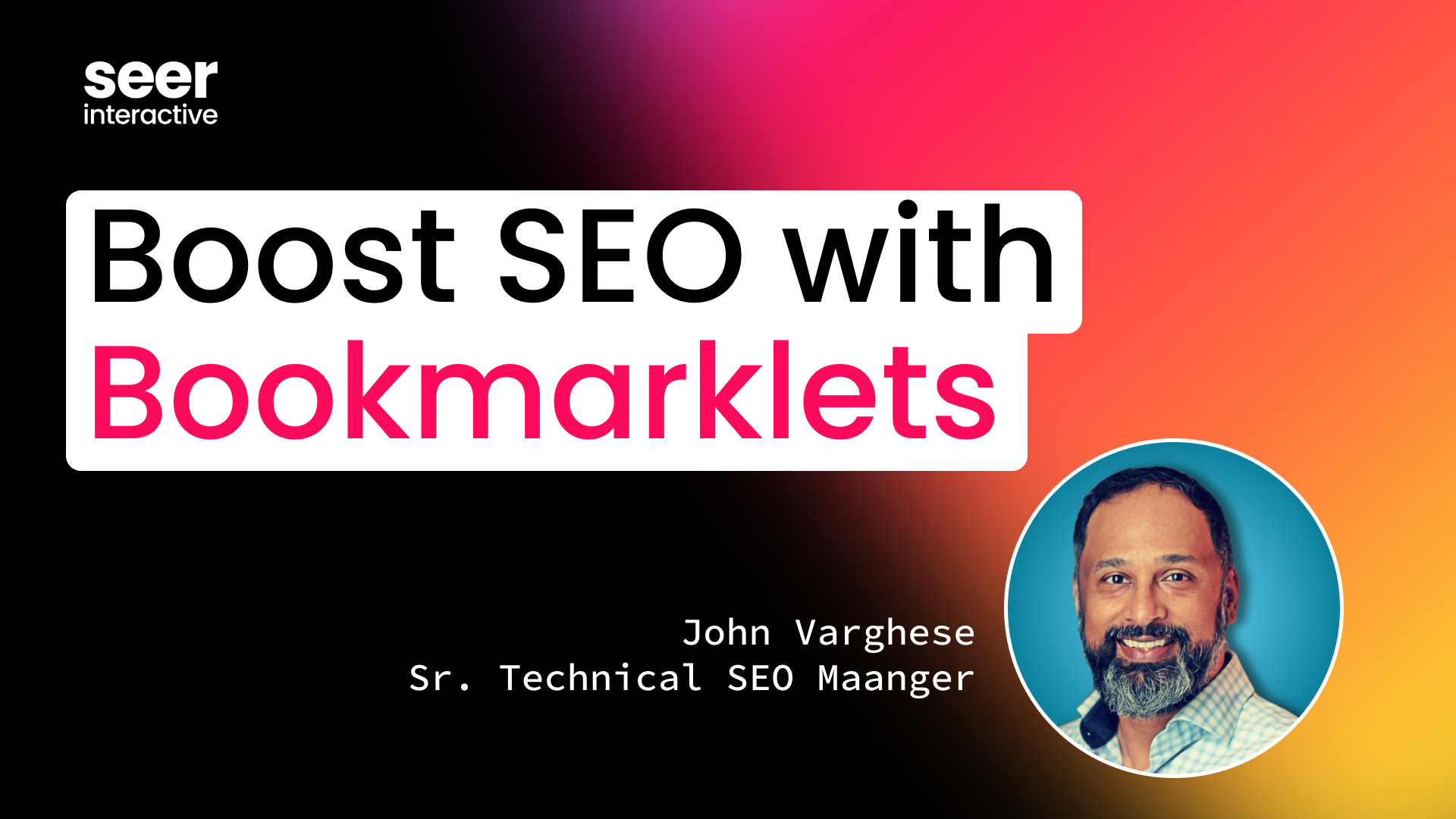Recently a great Smashing Magazine article on content strategy written by Brad Shorr made the rounds at SEER. When I clicked through to read the article two things caught my attention right off the bat: 1) the date, and 2) the first sentence.
The article was dated December 2011, and I'll admit, I was tempted to automatically brush it aside. (Trying to keep up with recent articles tagged "content strategy" in my Pocket queue this month has made me feel like a beat cop chasing Bansky in NYC - totally lost and a bit foolish.)

But then I read Shorr's opening sentences:
"The first thing to understand about content strategy is that no two people understand it the same way. It's a relatively new - and extremely broad - discipline with no single definitive definition."
Fast forward two years, and a new article or blog post on the topic of content strategy is published everyday, ranging from marketing and media blogs, to Forbes and the The Guardian. (Side note: Forbes is a great place to dive into for early insights into "media convergence" and the content "continuum.") It's worth noting that content strategy has been around long before websites, it just so happens that websites have created a greater need for planning, managing and developing the massive amounts of information that organizations need to present on their sites.Yet even the freshest articles about content strategy could benefit from slapping Shorr's first sentence up at the top as a preface.
We can and need to do better in demystifying the concepts around developing and implementing a content strategy.
So where do we start?
A recent article written by the always insightful Robert Rose, titled How Content Strategy and Content Marketing Are Separate But Connected, got me thinking. Rose deftly addresses the need to make the distinction between content strategy and content marketing, but as I was reading, I began to wonder if we need to go deeper. Perhaps in order to understand and explain content strategy better when we are discussing it with each other, or our clients, we need to start with understanding and explaining: "what is content?"
This triggers the natural desire in me to begin listing out all the different broad types of content I can think of:
- Text
- Images
- Video
- Audio
- Applications
But that's too broad, right? So let's get more specific:
- Site Copy
- Meta Data
- Markup
- Blog Posts
- Infographics
- Press Releases
- PDFs
- Whitepapers
But, then what about content types such as:
- Databases
- Webinars
- PowerPoint Embeds
- Social Feeds
But, therein lies the heart of the matter. Content is many different things to many different people. And whenever I begin to list out all the different types, I find the great Ginny Redish's statement from Letting Go of The Words ringing in my head: "Content is everything on your website." Gulp. That could make for a very long list.
The exercise of continuing to break down and specify each of these bullet point types could go on, and to be clear this isn't just for clarity's sake. Once we recognize that many of the types of content listed above have their own dedicated social networks, or are shared in unique ways via unique communities, it becomes easier for us to identify the context that is needed for producing and promoting content that audiences actually want.
So, where does that leave us?
I believe at a simple starting point. Recognizing and acknowledging that first and foremost the concepts around content and content strategy can be elusive, and most importantly call for agreed on definitions. If we can start there, then we can ensure we are on track for defining where it is we want to end up.
One of the scariest definitions of content that I've come across was that content is "stuff to fill an empty space with." And when it comes to online marketing, we all know where that definition can lead us.


